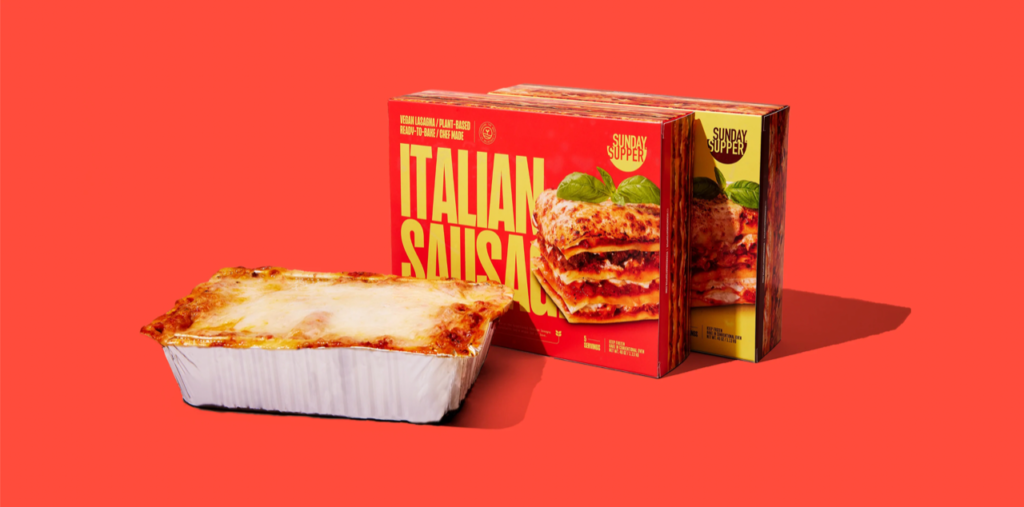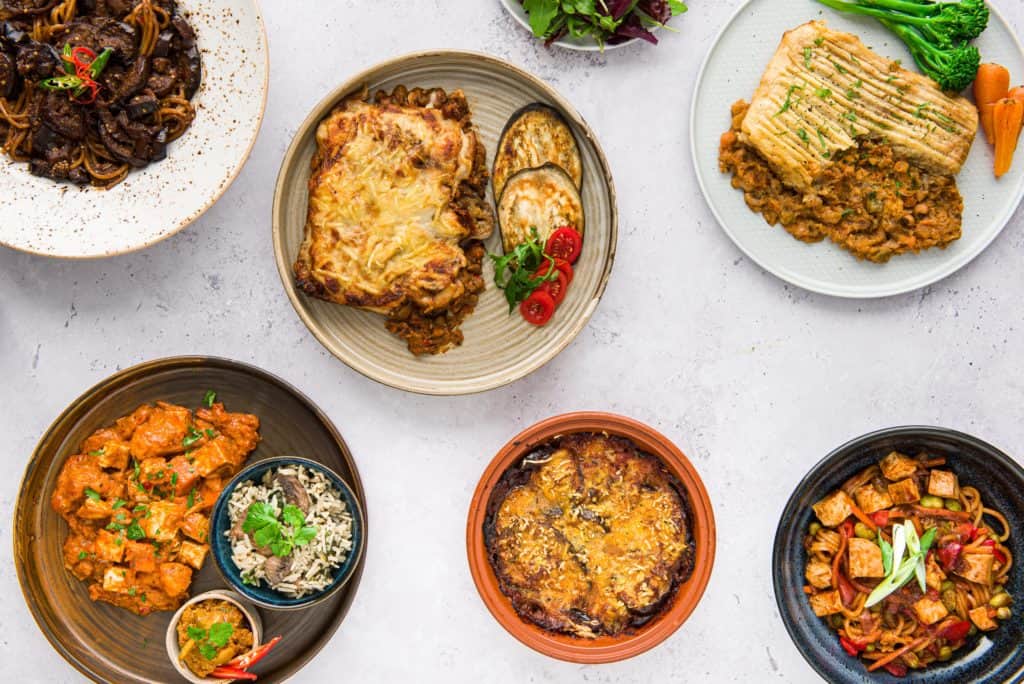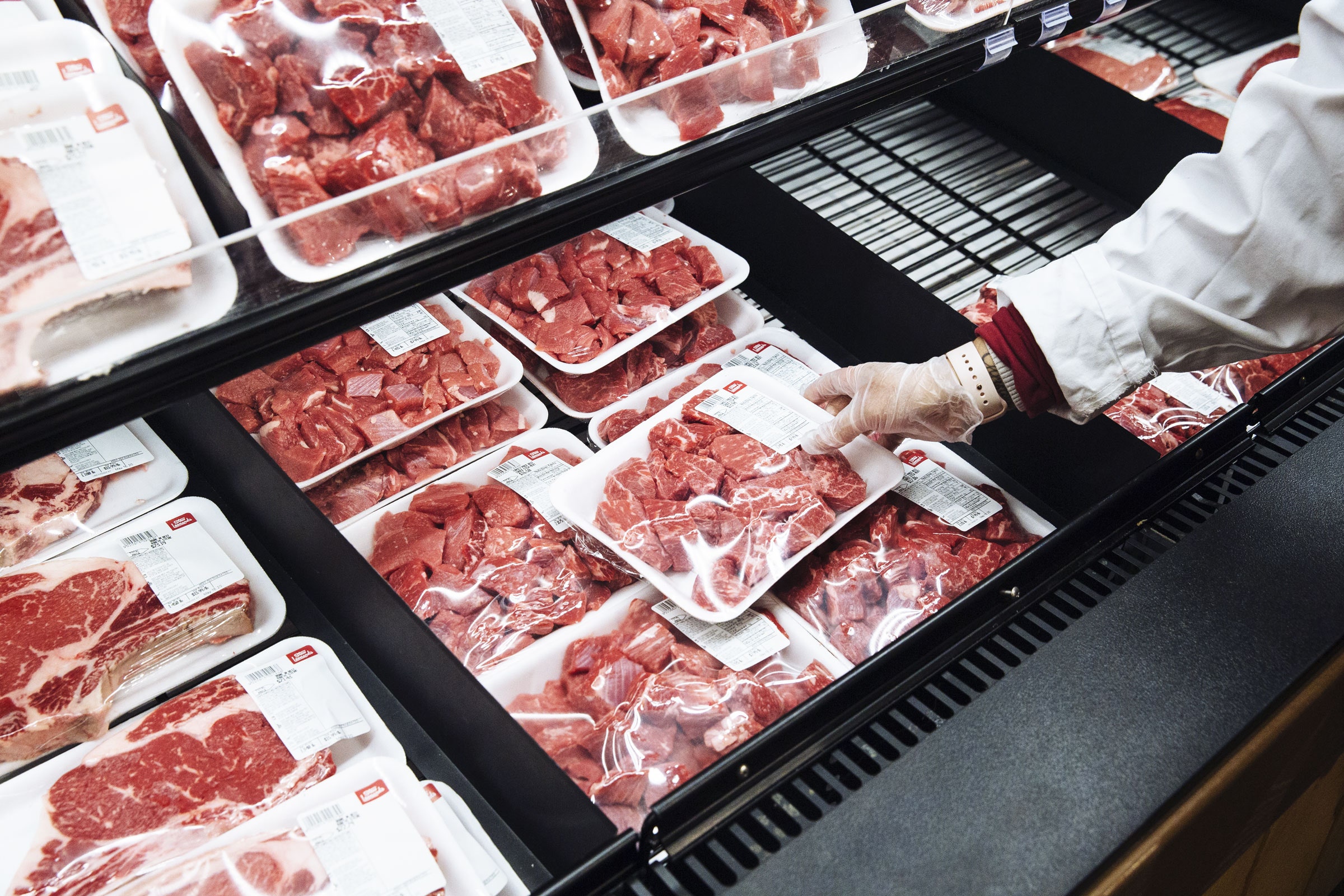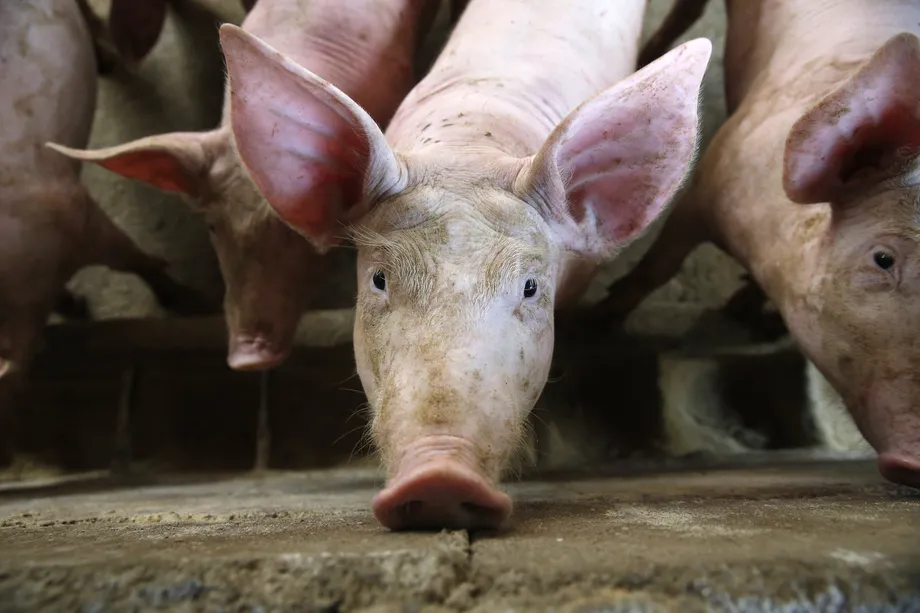Alt protein accelerator program the ProVeg Incubator has announced its latest cohort, which includes a Ukrainian startup for the first time ever.
The startup, GoGreen, is developing plant-based steaks, burger cutlets, and cheeses. Albrecht Wolfmeyer, Head of the ProVeg Incubator, said it was “particularly pleasing to see a startup from Ukraine joining us at a time when the country is struggling under the horrors of war”.
For the first time since the program was founded, startups from Nigeria and New Zealand are also featured. Casa Vegan aims to be the go-to plant-based African brand, developing meat alternatives from local and upcycled ingredients, while New Zealand’s Jooules produces food via the fermentation of microbes.

The remaining startups are:
- Sunday Supper (USA) — Plant-based and premium ready-to-eat meals based on Italian recipes.
- Plant Revolt (Hungary) — Seafood alternatives made from algae extracts.
- Seaspire (India and New Zealand) — Aims to facilitate the consumer’s transition to seafood alternatives through cutting-edge, accessible technology.
- Bluana (Romania) — A food-tech startup creating alternative seafood products.
- Vitality Foods (Singapore) — Plant-based food solutions for elderly communities in the Asia-Pacific.
- Raw Bake Station (UK) — Healthy plant-based snacks free of gluten, dairy, and refined sugar.
- BioGNR (Lithuania) — Fermentation-based technology that can be used to produce mycoprotein.
- Leaf Foods (Mexico) — Plant-based alternatives to dairy and meat products.
- Quelp (Chile) — Sustainable products made from seaweed. These include meat and dairy alternatives, biomaterials, and machine learning systems to develop products made from algae.
- Ser Vegano (Mexico) — Democratising plant-based products by making them more accessible to consumers.

The previous cohort of the ProVeg Incubator, announced earlier this year, included startups developing cultivated fat, seafood made from microalgae, and a plant-based alternative to albumin (the protein found in egg whites).
“The thirteen selected startups cover the most impactful new food categories — from meat to seafood and cheese alternatives. They target nascent markets for alternative proteins like Nigeria and Mexico as well as new audiences, like the growing group of geriatric consumers in Asia,” said Wolfmeyer.









